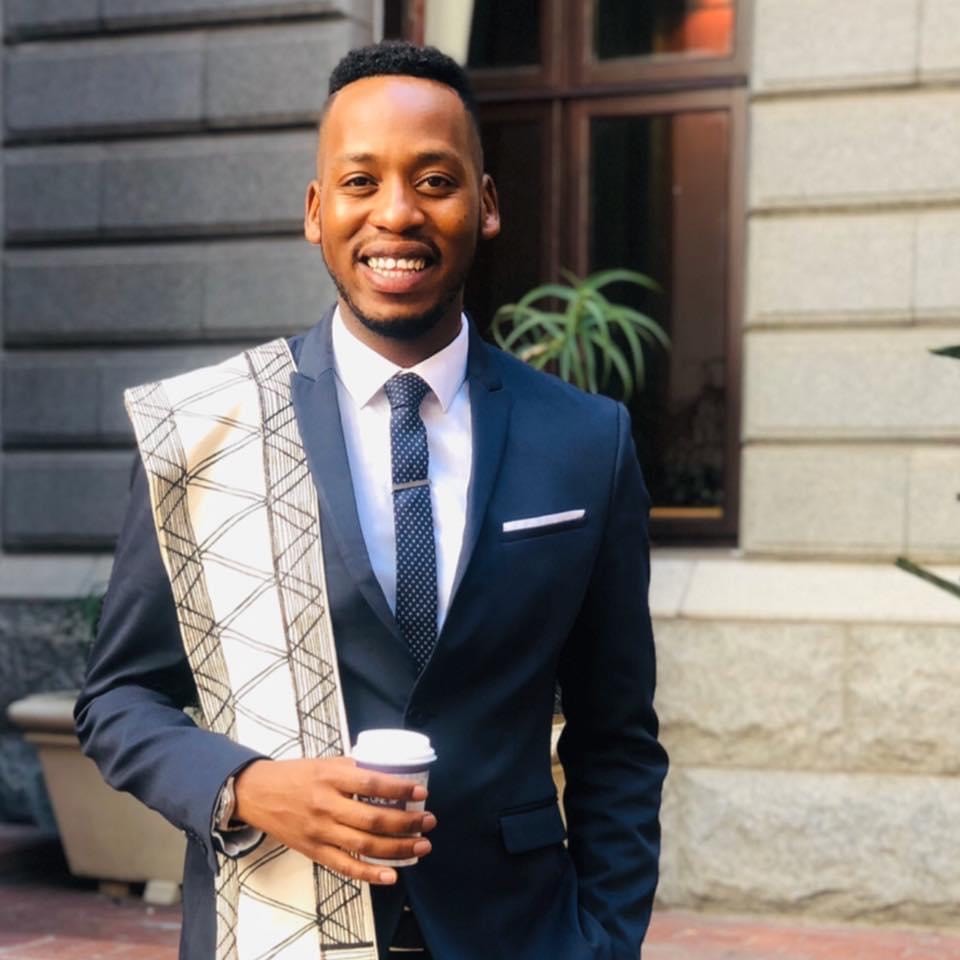1. How did you come to join your political party and become an MP?
I joined the Democratic Alliance as a student leader at Wits University leading the DASO branch at the time simultaneously I was part of the DA’s young leaders program in which I learnt extensively about the party and it’s vision. After my tenure as a student leader I worked for the party as a research and communications officer at the Mpumalanga Provincial Legislature. After this experience I was elected as a PR Councillor in the City of Johannesburg and much later became Director of Political Administration in the City of Johannesburg. After this role I was elected as a member of Parliament in 2019.
2. What is one goal that you would like to achieve during your time as an MP?
One of the biggest things I have been personally invested in is opening the space for young people to enter spaces of decision making like parliament to bring a nuance to the conversation that had been lacking previously. It is my hope that this generation of young people in parliament may lay the ground for future leaders.
3. What does your job as an MP entail, and what do you find challenging/demanding?
From a parliamentary perspective my work includes holding the department of Women, Youth and persons with disabilities to account in regards to the needs of South Africans and the outputs of the department. Largely this has entailed expanding the departments focus to areas that have not been focused on before. This also includes oversights across the country to ensure the department and its entities are working for the people.
4. Which constituency office have you been assigned to? Can you give examples of constituency work you engage in?
On a constituency level I am based in Soweto where I work with civil society, communities, and key stakeholders to ensure that the communities concerns receive the necessary attention from the different spheres of government. We also do a lot of community work to ensure schools, clinics and public spaces are operating for the benefit of the community.
5. How do you think Parliament can drive more public participation in policy, legislation and voting?
I think the way we do public participation in South Africa has not been inclusive and impactful. We definitely need to understand that people are at work and have multiple things they are doing on a daily basis thus it’s important for us to reimagine engagement which uses resources that are accessible and inclusive. Noting that there is a huge technological gap that remains in South Africa we need to make public participation engaging through technology.
6. What are you passionate about, both professionally and personally?
I am passionate about youth development and inclusion. Particularly, about connecting our rural areas with technological means which in the long run increase opportunity and access.
7. Which social justice issues are you most concerned with?
I am concerned with Gender Based violence as it is one of the main issues that my Portfolio Committee is paying close attention too. This together with the high unemployment rate has motivated myself and many colleagues to look into ways of improving oversight mechanisms and law making in parliament to improve the deeply disturbing figures on the ground.
8. Does Parliament do a good job of holding the Executive to account? If not, what can be done to improve this?
I think more can be done to improve oversight particularly in Committees of Parliament and in the National Assembly. Firstly I think the executive gets away a lot with evading oral questions by responding to issues that do not pertain to the question asked. I believe we need to ensure that Ministers fully answer questions in the house to ensure that they are held accountable for their departments.
9. What are your or your party's aspirations/plans for the remainder of the Sixth Parliament?
The DA has worked tirelessly to ask questions, conduct oversights throughout the country, represent our constituencies to the best of our abilities in Parliament. This is the work that we will continue vigorously till the end of this term.
10. What obstacles prevent Parliament from doing its work and how would you fix it?
I think Parliament remains far away from communities. It still is an institution that is far removed from the people of this country. Thus, it’s important that the voices around parliament become more representative at all levels. Parliament must become a more activists based institution that spends more time in our communities rather than the precinct.
View Mr Mphiti's profile here


Comments
Keep comments free of racism, sexism, homophobia and abusive language. People's Assembly reserves the right to delete and edit comments
(For newest comments first please choose 'Newest' from the 'Sort by' dropdown below.)